30 September to 2 October
Foz do Iguaçu, Brazil
Leaders and representatives of national and subnational governments, the private sector, the financial sector, academia, civil society, cooperation agencies, programs and regional initiatives from Latin America and the Caribbean met to coordinate and strengthen regional action on the road to COP30.
3 days of exchange of experiences and best practices where they identified opportunities for collaboration for resilient and low-emission development.
The agenda The workshop was organized as follows:
Objectives:
Objective:
Identify progress and gaps in the establishment of mechanisms for dialogue and coordination between different levels of governance for the design, implementation and monitoring of the NDC, LT, NAPs, and other instruments of climate policy.

Objective:
To emphasize the importance of metrics and data robust for decision making with respect to the new NDC and LTS, and to strengthen monitoring and reporting of climate goals, derive lessons and good practices from the experiences of the region and identify actions needed to strengthen the generation and use of data in policy-making processes of the climate.
Objectives:

Objective:
The overall objective of the session is to learn about the latest advances and experiences in the region in the
integration of the goals and the progress report on climate action of the players will not
state in the national reports on the progress in the implementation of the NDCs, under the Transparency framework of the Paris Agreement.
It will seek to identify good practices and exchanging recommendations on:
Objective:
Present an analysis of the NDCs of the countries in LAC in the theme of transportation to reflect on how they can lead to action on the commitments and effectively achieve the goals set. It will seek to address the topic by analyzing the challenges of closing gaps between the diversity of cities in the region and their territoriality. Even more, they will ask how subnational governments can help to raise the ambition at the national level, presenting the challenges and distinguishing the potential of the transport sector and the opportunities that it offers the efficiency of resources.
Objectives:
Objective:
On the basis of a dialogue between representatives of the ministries of economy and finance and ministries of the environment, to facilitate the common understanding of why the climate agenda matter to the first and how they can contribute to climate action that involves the NDC/LTS, whose development is lead by the seconds.
Objective:
Identify opportunities and needs for strengthening the joint public-private planning and mobilization of the necessary investments for the implementation of the NDC, LT, NAPS and other instruments in the LAC region, on the basis of the perspectives of the private sector and global experiences of the region.
Objectives:

Objectives:

Objectives:
Discuss the potential of the management of organic waste and bioenergy to achieve goals for climate and development in the Latin american region and the Caribbean, and develop lines of action to promote the integration of these actions on the Contributions Nationally Determined (NDC), the Long-Term Strategies (LTS) and the sectoral policies relevant.
Objectives:
Closing
The LEDS LAC Regional Workshops, held annually, provide a meeting space for members and partners that facilitate networking, the creation of connections, and the promotion of collaborations and synergies. These events allow for reflection and the exchange of experiences and learnings among peers, deepen technical dialogue, and identify needs, priorities, and emerging topics on the path toward resilient and low-emission development. This year, we celebrate the tenth annual in person regional meeting organized by the LEDS LAC platform in its 12 years of operation.
In compliance with the Paris Agreement, countries have focused their efforts on preparing and implementing their NDCs and designing long-term climate strategies. The year 2024 is crucial for the updating of NDCs, which must be submitted by March 2025, showing more ambitious commitments. These processes have highlighted challenges such as improving monitoring and reporting systems, innovative financing mechanisms, and the need to strengthen capacities and involve new stakeholders, increasing ambition in climate mitigation and adaptation.
Facilitate a regional meeting space to promote climate action and raise ambition in LAC through the actors and relevant sectors that drive the implementation and mainstreaming in development policies and the mobilization of financing and investments.
To strengthen capacities through the exchange of experiences and learning (among Communities of Practice and Working Groups, partners and collaborators), and through training and deepening in the use of tools and resources, especially in the areas of financing, decision-making information, and stakeholder coordination.
To promote and find opportunities for collaboration among participants (public sector, private sector, academia, civil society, international cooperation organizations, among others) to strengthen enabling frameworks in countries, mobilize financing for climate action, and to organize new regional activities that support the implementation of NDCs, LTS, and the Roadmap to COP30.
To identify and prioritize needs or emerging topics for LEDS LAC members, focusing on implementing their climate commitments and plans, mobilizing financing, or building capacities to increase the ambition of NDCs and LTS.
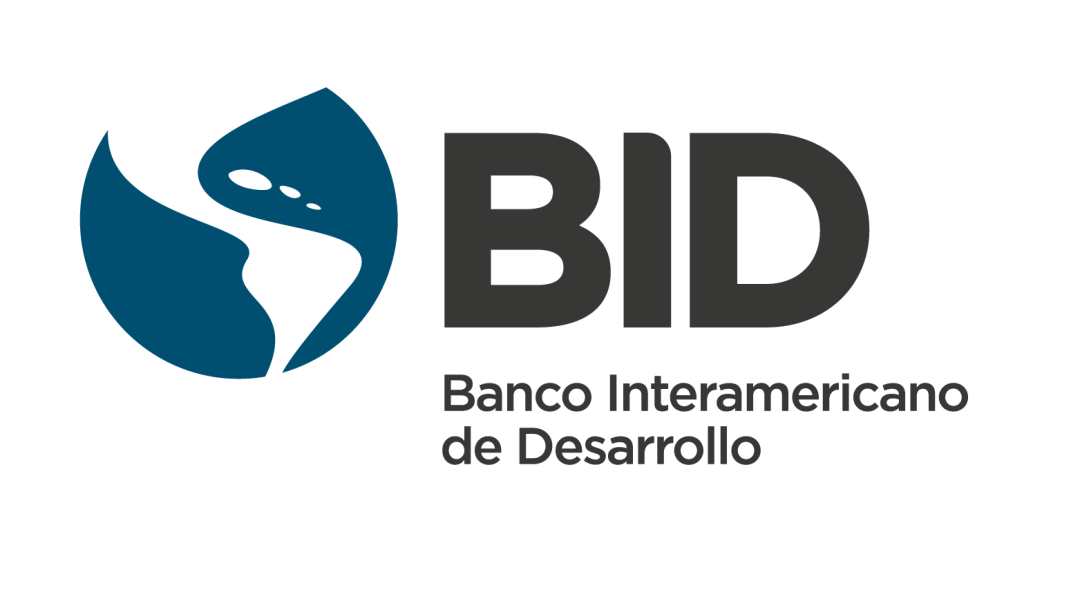


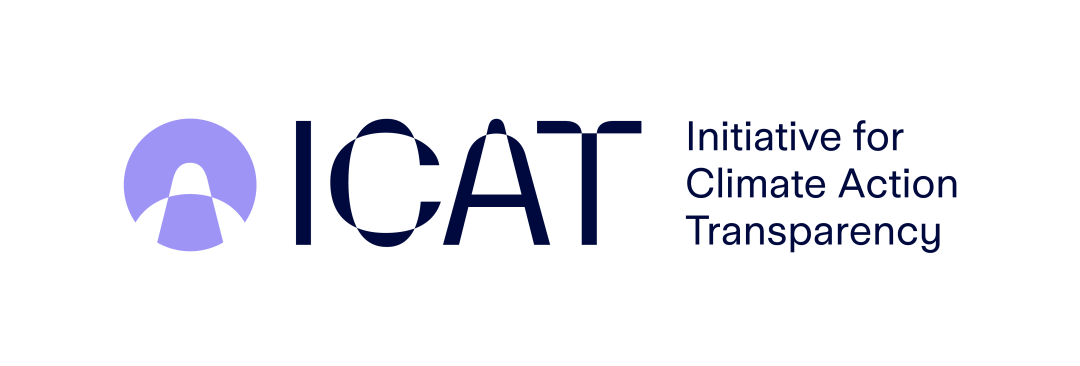


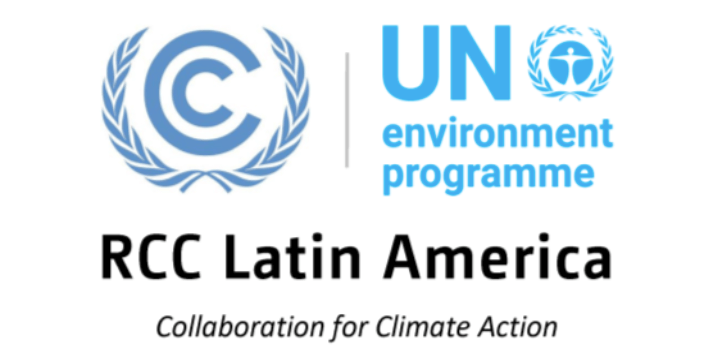
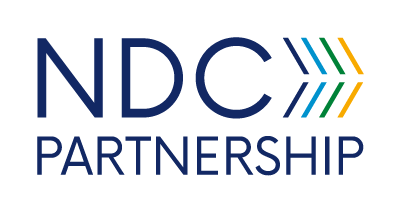
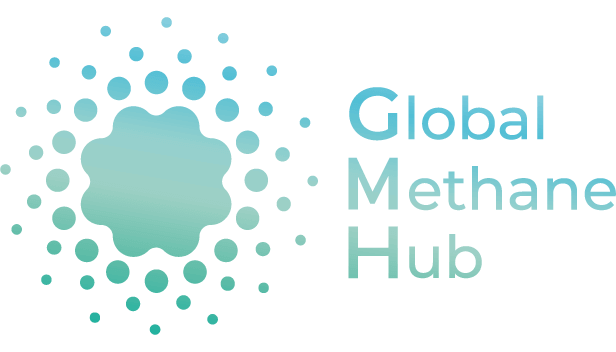



The LEDS LAC Regional Workshop 2023, organized by the LEDS LAC Secretariat, the DCCD/MINAM, and the Inter-American Development Bank, took place in Lima, Peru, as part of Peru's Climate Week. It was supported by UNDP, Euroclima, NDC Partnership, Reciclo Orgánicos, Avina, and Resilience Hub. As with previous events, the 2023 workshop aimed to contribute to the transition towards resilient and low-emission development in LAC countries, recognizing the importance of developing and implementing commitments under the United Nations Framework Convention on Climate Change (UNFCCC) and the Paris Agreement, including Nationally Determined Contributions (NDCs), Long-Term Climate Strategies (LTS), and National Adaptation Plans.
LEDS LAC is a network of organizations and individuals working in the promotion, design and implementation of LEDS in Latin america and the Caribbean.